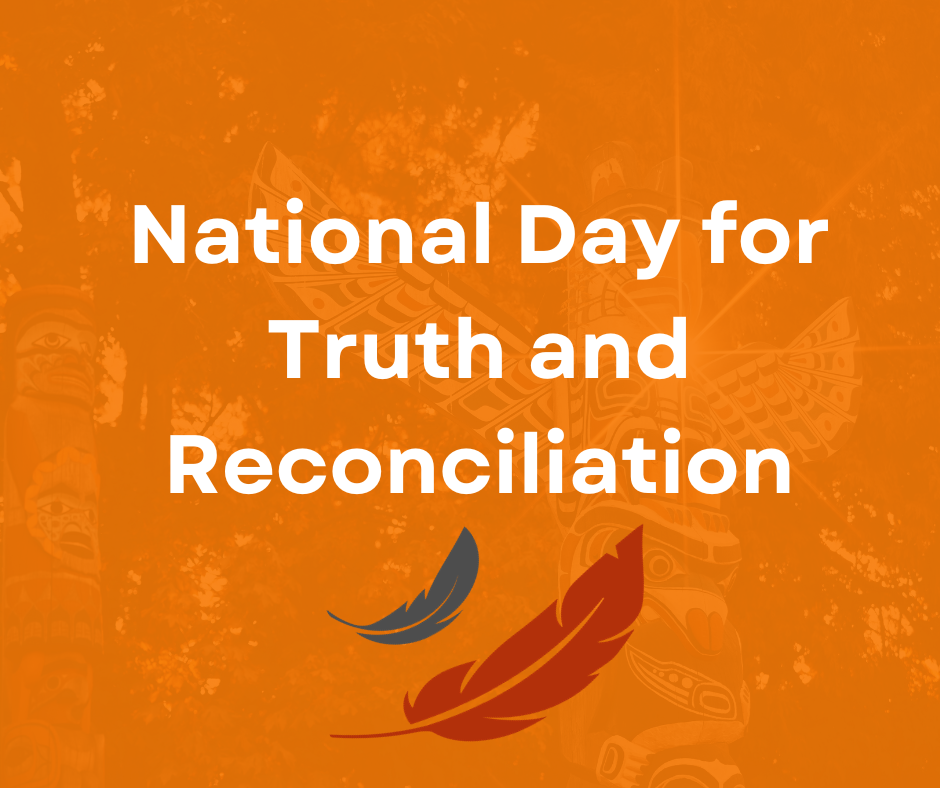Menu
Close

Truth and Reconciliation Day: Embracing Healing and Harmony
Sep 25, 2023
By: Alex Ossudallah, Associate Director, Recovery and Innovation, Clinical
On this auspicious occasion of Truth and Reconciliation Day, we come together as a nation to honor the profound journey toward healing, understanding, and unity. It is a day when we celebrate the resilience of Indigenous peoples and reaffirm our commitment to the ideals of truth, reconciliation, and justice.
The Legacy of Truth:
Before we can truly celebrate reconciliation, we must acknowledge the painful truths of our history. Indigenous communities endured centuries of oppression, dispossession, and cultural genocide. It is a history marked by deep wounds, but it is also a history of unwavering strength.
Truth-telling is at the core of reconciliation. It is about acknowledging the atrocities committed against Indigenous peoples and the intergenerational trauma that lingers. It is about listening to the stories of survivors and respecting their experiences.
The Journey of Reconciliation:
Reconciliation is not a destination but a continuous journey. It is a commitment to building bridges, not walls, between Indigenous and non-Indigenous communities. It involves recognizing the rights, cultures, and contributions of Indigenous peoples.
One crucial aspect of reconciliation is land and territorial rights. Indigenous lands hold deep cultural and spiritual significance. By acknowledging these rights and working towards land repatriation, we take significant steps towards healing and rebuilding trust.
Cultural Resurgence and Traditional Knowledge:
Celebrating reconciliation means celebrating the resurgence of Indigenous cultures. Traditional knowledge, passed down through generations, is a treasure trove of wisdom about sustainable living, environmental stewardship, and holistic well-being. It is essential that we not only acknowledge this knowledge but also actively seek to learn from it.
Economic Empowerment and Education:
Reconciliation goes beyond symbolism; it requires tangible actions. Supporting Indigenous businesses, investing in education and skills training, and ensuring equitable access to healthcare and infrastructure are vital components of reconciliation.
The Role of Education:
Education is a powerful tool for reconciliation. By incorporating Indigenous perspectives, history, and teachings into our educational systems, we can foster a more inclusive and informed society. This knowledge is not only about the past but also shapes our shared future.
Community Healing:
Truth and Reconciliation Day is also an opportunity to celebrate the healing that is taking place within Indigenous communities. Many are revitalizing their languages, traditions, and ceremonies, which are essential for their cultural identities and well-being.
Truth and Reconciliation Day is a reminder that reconciliation is not a one-time event but an ongoing commitment. It is about acknowledging the past, celebrating Indigenous resilience, and working together for a better future. Let us use this day to reflect, learn, and take meaningful actions that will bring us closer to a harmonious and just society where truth and reconciliation are not just words but living principles guiding our actions.